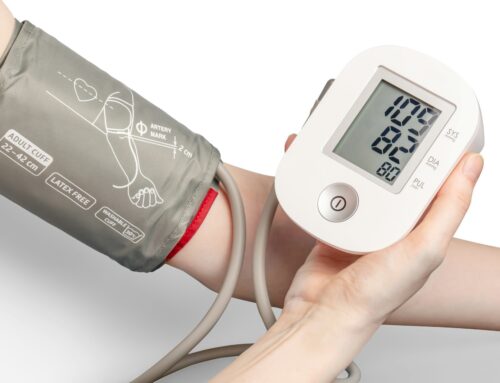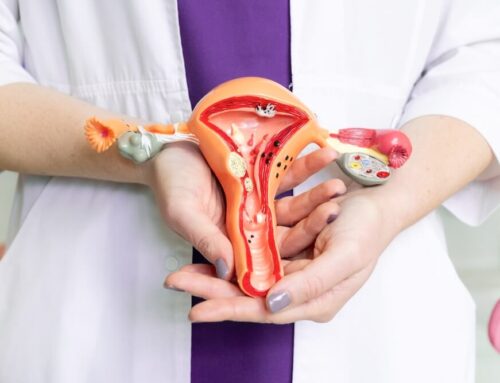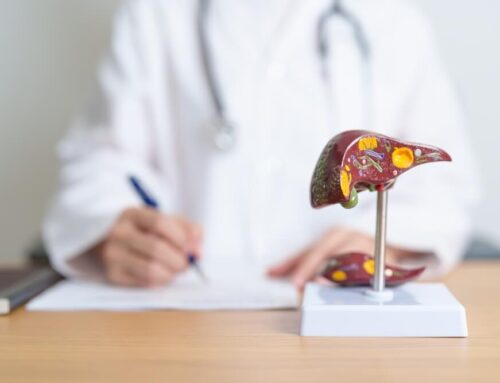Every pregnancy is good and welcomed by a loving mother and a family that profoundly wants a baby. However, some pregnancies are more at risk than others, one of which is a geriatric pregnancy.
And if you have ever wondered at what age geriatric pregnancy is considered, the answer is: when a person is above 35 and pregnant. And sometimes, for women that are 35 and over, these words may sound harsh. You may feel like you are old and ready to retire, yet you are still young, healthy, and full of life. And that’s why medical professionals today refer to it as advanced maternal age.
Nevertheless, some pregnancies are still more at risk, especially if you are over 35. So, continue reading this article if you want to know more about this topic. And if you need to learn more and this matter concerns you, we are here to help. Our doctors specializing in obstetrics in Jacksonville, Florida, will give you all the necessary information about geriatric pregnancy and its risks.
What Is Geriatric Pregnancy?
As mentioned, geriatric pregnancy is a term that’s been used in the medical community to describe pregnancies where women are 35 or above years old. This term today is highly outdated, and medical professionals tend to use the phrase advanced maternal age or AMA pregnancy.
What Is Advanced Maternal Age?

The number of women who gave birth to their first child between the ages of 35 and 39 is increasing. Before, advanced maternal age in pregnancy was unconventional, but nowadays, more and more babies are born in this age group. Today the number of pregnant women giving birth to their first child, even in their 40s, is up to 4 times higher than before.
So, if you are pregnant and you are more than 35 years old, you are not alone, and your situation is quite normal.
Why do we then require the phrase advanced maternal age in pregnancy if giving birth after 35 isn’t that unusual? It’s because this age group has a potential risk associated with pregnancy.
The Risks Associated With Advanced Maternal Age
Every pregnancy carries some level of danger and potential risk. But as you age, the likelihood of complications increases.
The risk of abnormalities during later-in-life pregnancies is higher because you are born with the same eggs you’ll have for the rest of your life.
Your egg count is predetermined from birth. Each menstrual cycle, ovulation results in the release of an egg. Egg production decreases as you age. You are more prone to produce eggs with chromosomal problems that result in genetic diseases if you are older.
Your egg quality declines with age. Chromosomal abnormalities are more likely to occur in “older” eggs. Healthcare professionals can do tests for several of these chromosomal defects in the first trimester.
The likelihood of getting the majority of chronic medical illnesses also rises with age, which is another reason there are more issues after age 35.
As you get older, your body reacts to certain illnesses differently. Some persistent medical problems may impact pregnancy and delivery.
These are the potential risks:
- Miscarriage
- Premature birth
- Stillbirth
- Chromosomal abnormalities
- Congenital disabilities
- Complications during labor
- Cesarean delivery
- Preeclampsia
- Gestational diabetes
- Chronic high blood pressure
And chronic high blood pressure brings its own potential risks, such as:
- Severe bleeding during and after delivery
- Stroke
- Pulmonary edema
- Kidney failure
These are all potential risks, but they are rare, especially if you take care of your health.
Are There Any Benefits of AMA Pregnancy?
When discussed, AMA pregnancy is often considered risky; many will focus on complications and potential risks. However, it’s not all black and white, and advanced maternal age in pregnancy comes with some benefits, too.
The benefits are not physical but more socio-economical. Older parents often have higher incomes and better opportunities to provide more for their children.
Is It Hard to Get Pregnant When in Advance Maternal Age?
Medical professionals say the most significant reproductive drop occurs in your mid-to late-30s. The quantity and quality of eggs in your ovaries diminish as your fertility declines. It does not imply that getting pregnant after age 35 is impossible—quite the contrary. It indicates that fertility begins to drop more quickly and that your risk of difficulties rises dramatically around age 35.
Even with the knowledge of what age geriatric pregnancy is, more older women are getting pregnant every year as time passes. So, it’s not impossible to get pregnant after age 35, and it depends on many factors. For some, it may be easy, while for others a bit harder.
Tests That Can Help If You Have an AMA Pregnancy

All pregnant ladies are advised to undergo genetic screening testing, but older mothers are especially so. This optional, non-invasive testing can determine whether your child is more likely to develop some congenital issues than average. Ultrasound or blood tests are used in most tests. These tests are screens, which means they look for the potential presence of a genetic disorder.
Invasive genetic testing can be carried out if an issue is found in a screening test. These include amniocentesis and chronic villus sampling (CVS). CVS uses the placenta’s cells to identify a genetic disorder. A needle is inserted into your abdomen during amniocentesis to remove amniotic fluid from the uterus. This substance can aid in genetic disease diagnosis.
Lowering the Risk of Complications
As there is always a potential risk of complications or delivery regarding advanced maternal age in pregnancy, it’s good to know how to lower those risks.
The best advice we can give you is to take care of yourself and your health. It means you should reduce your stress levels, exercise regularly, eat a healthy and balanced diet, and get enough sleep.
Your diet should include plenty of vegetables, fruits, whole grains, and lean protein. You should avoid eating highly-processed foods and sugars. If you are planning a baby, no matter your age, you should avoid drinking alcohol and quit smoking tobacco.
You should also take prenatal vitamins, and your healthcare provider will know which ones are the best for you. Also, if you have any chronic conditions, you’ll need to manage them regularly.
Final Words
The majority of over-35 pregnancies are healthy and thriving. However, it’s crucial to be aware of the risks associated with pregnancy at a more mature age. If you are over 35, ask your obstetrician about the genetic screening procedures they suggest or what you may do to maintain your health.
The majority of the time, pregnancy age is merely a number. You are more likely to have a healthy pregnancy and delivery if you keep a healthy weight, take care of any health issues you may have, and pay attention to the advice your obstetrician gives you.
Hopefully, you feel less anxious about your pregnancy, even if you are a bit older. If you need more assistance and advice, feel free to contact Trogolo Obstetrics and Gynecology in Jacksonville. We are here for you and can help you on every step of your journey to becoming a mother. Call us today and book your consultations.





